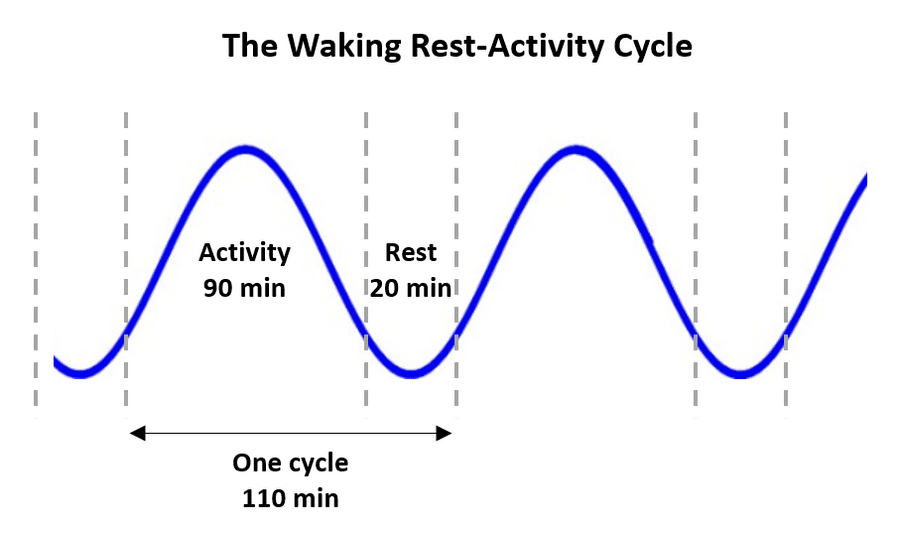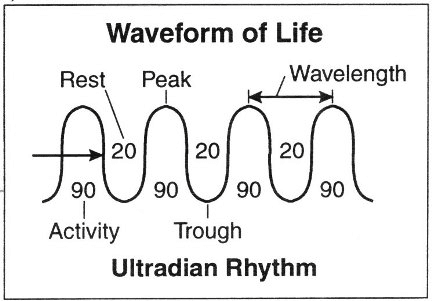The Ultradian Rhythm
It is a biological cycle that lasts less than a day and happens in alternating periods of high and low frequencies of brain activity. Some researchers argue that it involves the balance of sodium/potassium in our system.
The brain works harder than any other organ and when we work harder than the usual what and tends to happen is that there will be a disruption to the balance of sodium/potassium and makes your brain call for a break. We also lose the ability to focus and concentrate when tired.
322
1.73K reads
The idea is part of this collection:
Learn more about health with this collection
How to build confidence
How to connect with people on a deeper level
How to create a positive first impression
Related collections
Similar ideas to The Ultradian Rhythm
Create a work rhythm
You only get maximum effectiveness if you properly balance periods of work and rest. Time boxes provide a great framework to allow this balance to happen. The key is to find your own rhythm.
Alternating between different types of time boxes (such as work/rest, or hard/easy tasks) max...
Equinoxes and the circadian rhythm
The spring and autumn equinoxes lie halfway between the shortest and longest days of the year. At these points, day and night are mostly even lengths all over the world.
These conditions may suit the human circadian rhythm - the daily cycle that affects the body's sleep, w...
The Ultradian Rhythm
Your brain can only focus for 90 to 120 minutes before it needs a break.
This is the ultradian rhythm, a cycle that’s present in both our sleeping (the 90-minute cycles during which we progress through the five stages of sleep) and waking lives (as we move from higher to lower alert...
Read & Learn
20x Faster
without
deepstash
with
deepstash
with
deepstash
Personalized microlearning
—
100+ Learning Journeys
—
Access to 200,000+ ideas
—
Access to the mobile app
—
Unlimited idea saving
—
—
Unlimited history
—
—
Unlimited listening to ideas
—
—
Downloading & offline access
—
—
Supercharge your mind with one idea per day
Enter your email and spend 1 minute every day to learn something new.
I agree to receive email updates


